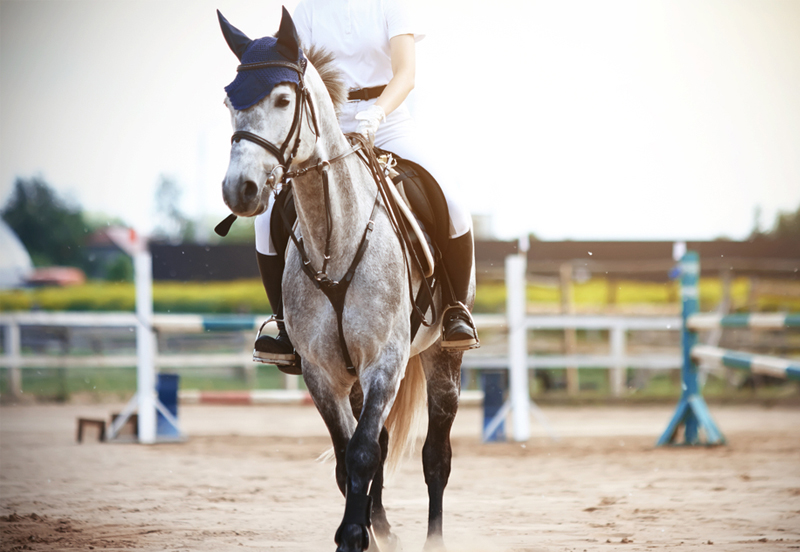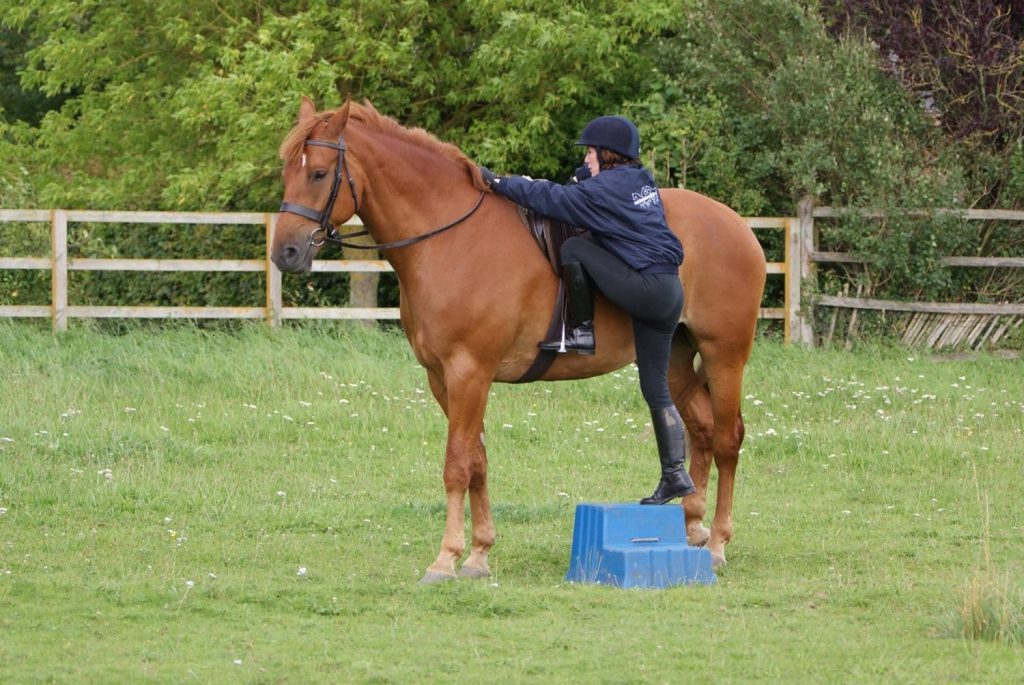Horses have evolved unique sleep patterns that enable them to thrive as prey animals. Unlike humans, they don’t need long hours of deep sleep in one go, but rather a mix of light and deep rest, adapted to their natural instincts. Understanding how horses sleep is crucial for maintaining their health, behavior, and overall well-being.
>> SEE MORE:
- How Long Can a Horse Lay Down Before it Dies?
- Unveiling the Mystery: Discover Exactly How Much Sleep Horses Need for Optimal Health
Contents
The Basics of Equine Sleep Patterns
Horses experience two main types of sleep: slow-wave sleep (SWS) and rapid eye movement (REM) sleep. They can achieve SWS while standing up, thanks to a special mechanism called the stay apparatus, which locks their legs in place, allowing them to rest without fully collapsing. This is an essential survival trait, as it allows them to remain alert and ready to flee from predators at a moment’s notice. https://hearttohorses.com/
However, REM sleep, which is when horses experience the deepest rest, requires them to lie down because this stage of sleep demands full muscle relaxation. Horses need about 2.5 to 3 hours of REM sleep per day, but it’s typically spread across short bursts throughout a 24-hour period.
On average, horses sleep for about 3 to 5 hours in total each day. While standing rest (SWS) can be a part of this, the deeper, more restorative REM sleep only happens when the horse feels secure enough to lie down.

Factors Affecting Sleep Requirements
Several factors influence how much sleep a horse needs and how well it can sleep:
- Age: Foals sleep much more than adult horses, sometimes up to half of their day. As they mature, their sleep needs decrease. Older horses might require more sleep again, as they face the challenges of aging.
- Workload: Horses with intense physical activities, such as racehorses or performance horses, may require more REM sleep to recover from exertion. Conversely, horses with minimal activity (e.g., pasture ornaments) may manage with less sleep.
- Health: Health issues, from pain to discomfort, can interfere with sleep. Conditions like arthritis or digestive issues can make it harder for horses to rest fully.
- Environment: Horses need a quiet, safe environment to relax and achieve REM sleep. Horses are more likely to sleep deeply in familiar, comfortable surroundings where they feel secure from disturbances.
Ensuring Quality Sleep for Horses
Creating an environment that supports restful sleep is essential for a horse’s overall health:
- Bedding: Soft, dry bedding is crucial for encouraging horses to lie down for REM sleep.
- Safety and Comfort: The stable or pasture should be peaceful, free from excessive noise, and secure. Horses that feel safe are more likely to relax completely and enter REM sleep.
- Companionship: Horses are herd animals and feel more secure when they have other horses nearby. They tend to take turns resting, with some standing guard while others lie down to sleep. Solitary horses can experience higher stress, which may affect their sleep.
Consequences of Sleep Deprivation
Insufficient or poor-quality sleep can have serious consequences for horses:
- Weakened Immune System: Lack of sleep can make horses more susceptible to illness.
- Behavioral Changes: Sleep deprivation can lead to irritability, mood swings, and even aggression.
- Performance Decline: Horses that don’t get enough REM sleep may experience reduced physical performance, slower reaction times, and decreased stamina.
In extreme cases, chronic sleep deprivation can cause physical collapse due to exhaustion, especially if the horse is unable to achieve REM sleep for extended periods.
Conclusion: The Importance of Sleep for Horse Health
Understanding how much sleep horses need and the unique nature of their sleep patterns is vital for providing the best care. Horses require a balance of SWS and REM sleep, with both types being essential for recovery and overall health.
Horse owners and caretakers should observe their horses’ behaviors and ensure they have the right environment to rest. Providing soft bedding, minimizing stress, and offering companionship can significantly improve the quality of a horse’s sleep, contributing to better health, performance, and mood.
By understanding and supporting horses’ sleep needs, we ensure these magnificent creatures live healthier, more fulfilling lives.

